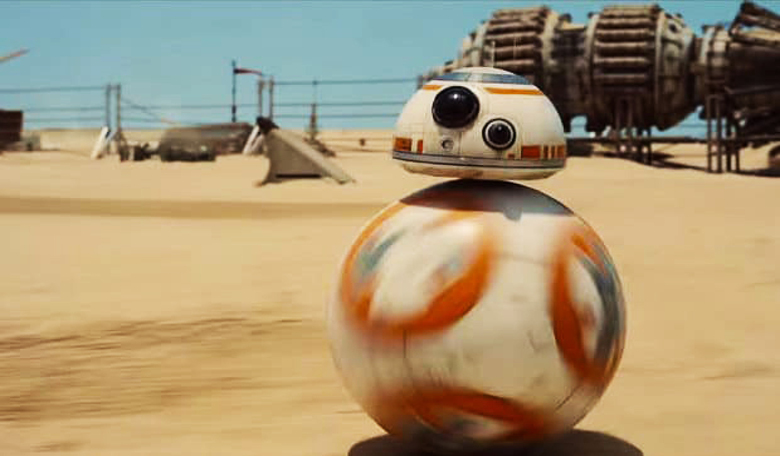It hardly needs saying that space is a huge topic - but how does that affect the way we learn about it and, perhaps more importantly, the way we teach about it? It's possible to learn incredible amounts from all kinds of sources, and each contribute to both our knowledge about the universe and our aims when exploring it. Anyone who teaches astrophysics will know that, from books to documentaries to school-based learning and using our imaginations, there is no one place to get all the right information from, partially because we know so little about what goes on outside of our world. Read on to find out how people are teaching and learning about space.
Books
When we reach a subject that we don't know everything about, it makes
our imaginations run wild. Hundreds of books have been written about
space, some non-fiction and dealing only in hard facts, so fiction
based on space missions that really happened, and some more
speculative fiction. The reason it's so important to include
speculative fiction here is that it is part of what drives us. For
example, books like the Star Wars series fuelled our curiosity to see
what's really out there and gave us ideas about how to design
spacecrafts. Even here on earth, Star Wars is inspiring robot design.
Because of this, it would be impossible not to include books when
considering how we teach and learn about space, particularly since
fiction can have just as big an effect as non-fiction.
Imagination
You might expect science to be so dedicated to facts and figures that
imagination doesn't come into it, but you couldn't be more wrong. One
key example of both teaching and learning about science and space
that shows us how we can use our imaginations for the better is the
way Albert Einstein imagined himself as a photon flying through
space. Based on what he expected the photon would see if it had eyes
and feel if it had the sense of touch allowed him to model photons in
a way no other scientists had. The second step, of course, was then
to test out what his imagination told him on real life photons.
Documentaries
There's no way to ignore the many documentaries there are which make
the science aspects more manageable and bring the exciting
discoveries closer to home. Like books, documentaries have fuelled
our imaginations and taught us about the possibilities in an
entertaining format, and they are likely to be partially responsible
for many of the discoveries we've made today. Just think how widely
viewed the moon landing footage is. If you want to learn about space,
there might be no better way than to make your own documentary from
all of the footage you can find on the net. You could even use a free intro maker to give your vid that professional touch, and you may end
up inspiring the next great space mission yourself. Teach others
through the power of video.
Education
Although you can learn a great deal outside of school, learning about
the universe by the book is a must if you want to get to space
yourself. Physics only reaches a basic level at school, which you
might even find dull, but by the time you get to university, you'll
have the chance to share everything you've learnt from the books
you've read, the documentaries you've seen and the out-there thoughts
you've been having. If you start learning about space from all
different angles, there's no telling how far you could go.











